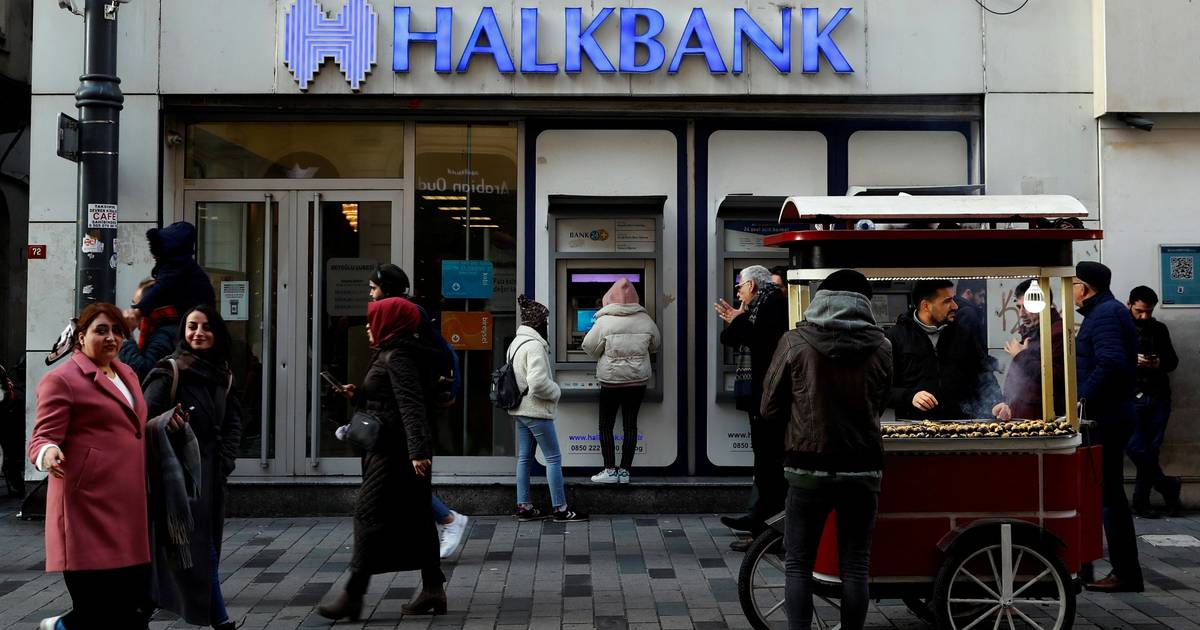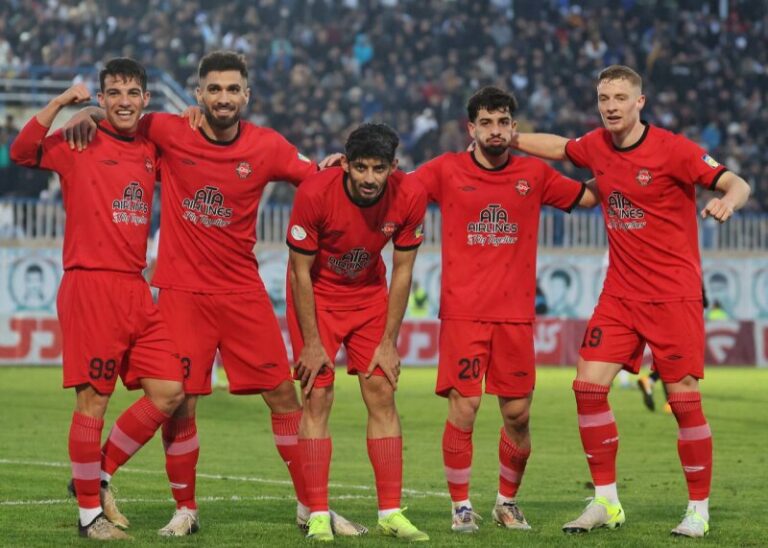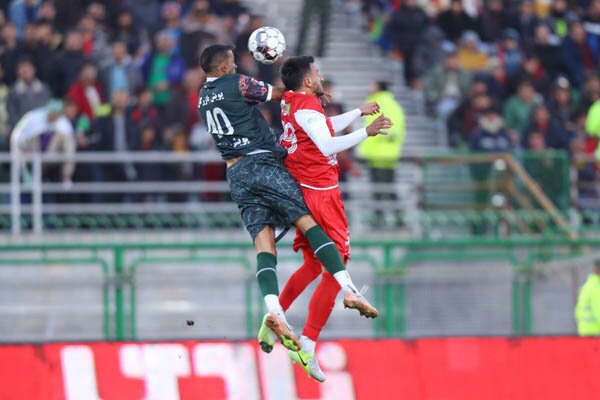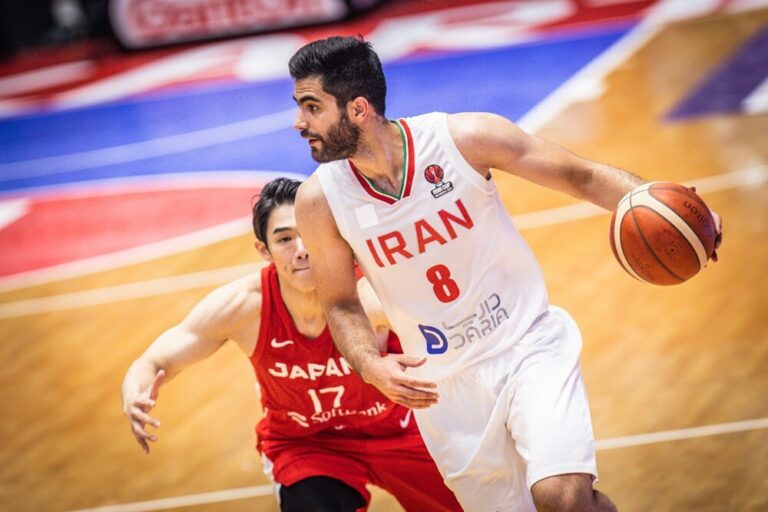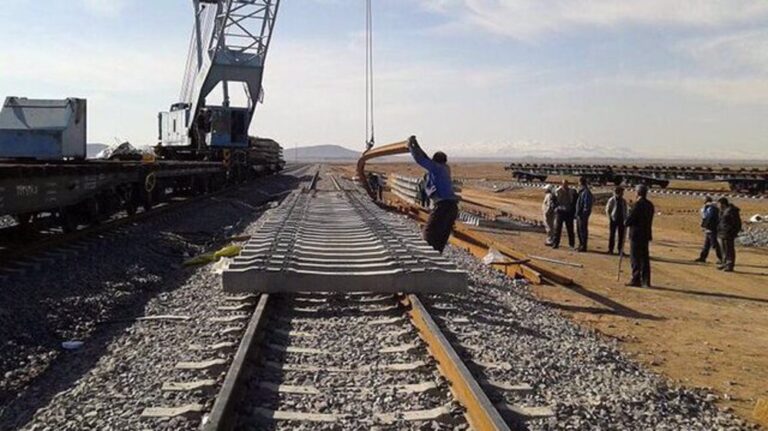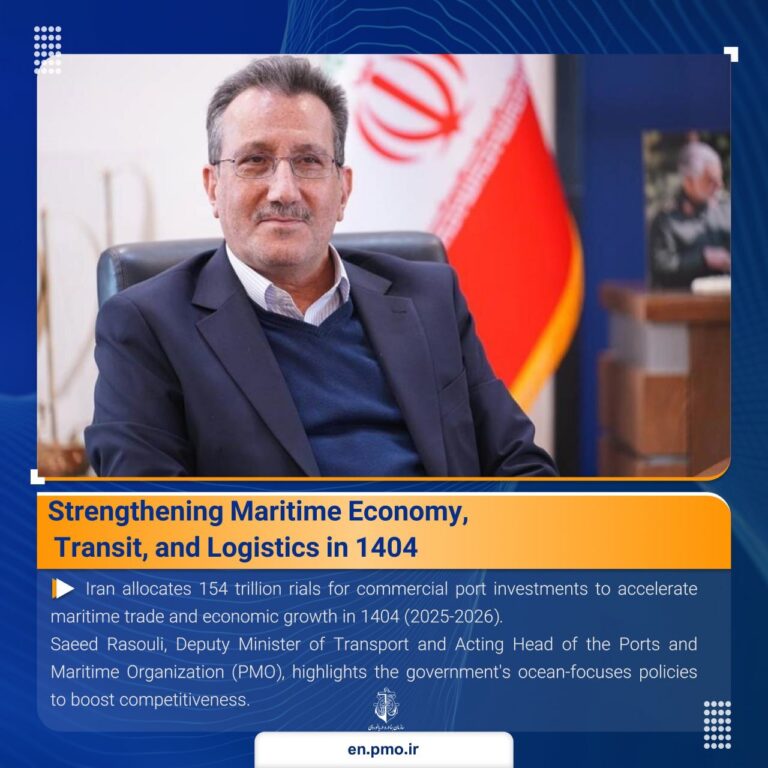Turkish Bank Challenges Iran Sanctions in US Supreme Court Showdown
In a significant legal development, Turkey’s state-owned Halkbank has officially requested the US Supreme Court to review a recent lower court ruling that permits its prosecution for allegedly assisting Iran in evading American sanctions. This request was confirmed by a lawyer representing the bank on Monday.
The Supreme Court had set a deadline for this appeal, which was submitted following an October 2024 decision by the 2nd US Circuit Court of Appeals in Manhattan. This ruling has opened the door for potential prosecution against Halkbank. In a communication directed to the appeals court, Halkbank’s attorney Robert Cary acknowledged that the petition was filed, although it had not yet appeared on the Supreme Court’s official website.
Halkbank has consistently maintained its innocence, pleading not guilty to several charges that include fraud, money laundering, and conspiracy. The bank is accused of employing money services and front companies located in Iran, Turkey, and the United Arab Emirates to bypass US sanctions.
- Facilitated Transfers: US prosecutors assert that Halkbank played a role in the clandestine transfer of $20 billion in restricted Iranian funds.
- Conversion of Revenue: The bank allegedly converted oil revenue into gold and cash to benefit Iranian interests.
- Fabricated Documentation: There are claims that Halkbank created false documentation for food shipments to justify the transfers of oil proceeds.
The case against Halkbank was initiated in 2019 and has since created tension in the diplomatic relationship between the US and Turkey. Turkish President Tayyip Erdogan has publicly criticized the case, labeling it as an “unlawful, ugly” move.
Despite these tensions, both Erdogan and former US President Donald Trump reported a constructive phone conversation on Monday, with mutual invitations for future visits to their respective nations. This indicates a potential effort to mend diplomatic relations amidst ongoing legal disputes.
This appeal marks Halkbank’s second attempt to seek intervention from the Supreme Court. In a prior ruling from 2023, the Supreme Court concluded that while the Foreign Sovereign Immunities Act of 1976 protects foreign nations from civil liability, it does not extend to criminal cases. Following this ruling, the Supreme Court directed the 2nd Circuit to further explore whether common law immunity could shield Halkbank, which ultimately led to the recent October ruling that allowed for prosecution.
Former President Trump has been vocal about his administration’s approach to Iran, maintaining a strategy of maximum pressure against the nation. This includes threats of secondary sanctions and efforts to target individuals and entities that assist in evading these sanctions. Meanwhile, indirect nuclear negotiations between the US and Iran continue, adding another layer of complexity to this already intricate situation.
As the legal proceedings unfold, the implications for Halkbank, Turkey, and US-Iran relations will be closely monitored by international observers. The outcome of this appeal could have significant ramifications not only for the bank but also for the broader geopolitical landscape.
The ongoing case serves as a critical reminder of the intersection between international banking practices and national security concerns, highlighting the intricate balance of diplomacy, law, and economic sanctions in today’s global landscape.
In conclusion, Halkbank’s appeal to the US Supreme Court represents a pivotal moment in its legal battle and may influence future relations between the US and Turkey, as well as the ongoing discourse surrounding sanctions and international finance.
